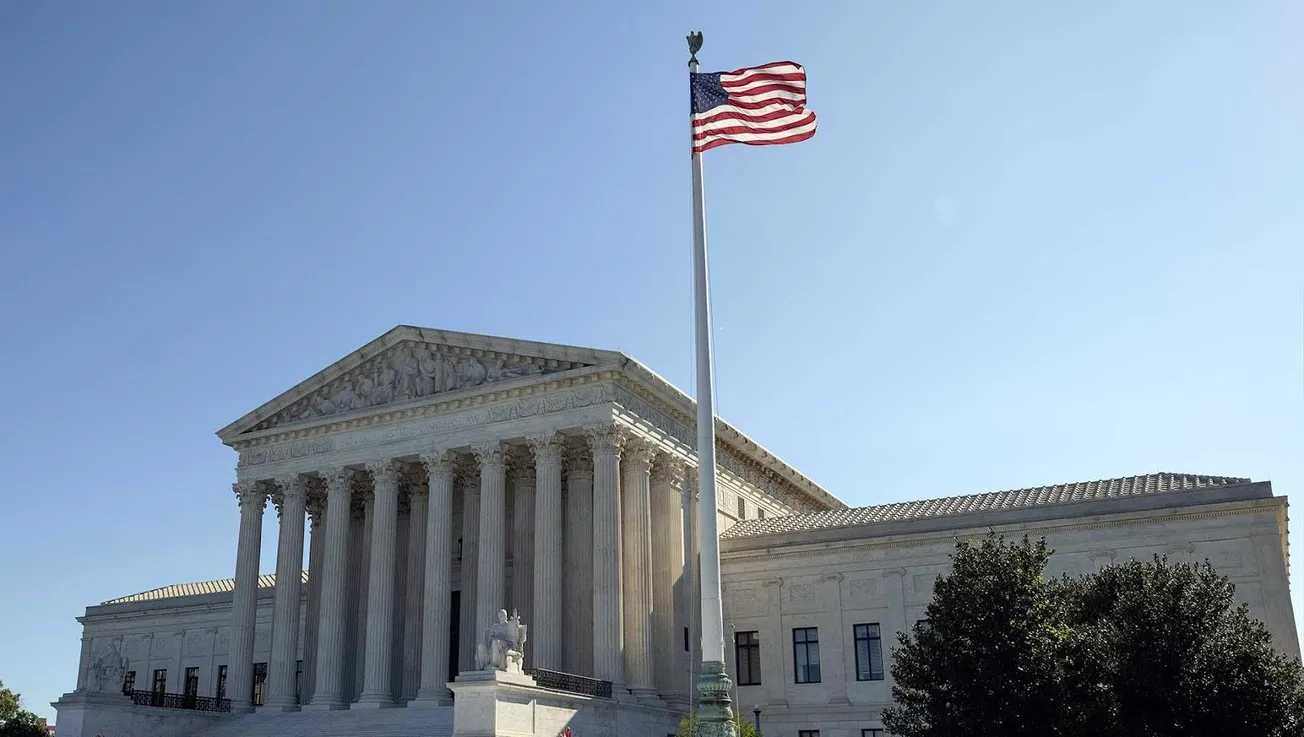Table of Contents
On May 2nd, the Review was set to hold our weekly meeting. As usual, we had prepared a list of topics to discuss—student loan relief, the new (and now defunct) “Disinformation Governance Board,” and advice we would give to prospective Stanford freshmen. But two hours before our meeting, Politico leaked Justice Samuel Alito’s draft opinion in Dobbs v. Jackson Women's Health Organization. This draft opinion, if it becomes final, would strike down Roe v. Wade and end the constitutional protections for abortion. All other meeting topics were immediately consigned to oblivion. The ensuing debate revealed that for those on both sides of the abortion debate, Roe v. Wade only delayed the country’s reckoning with abortion.
There’s a reason why most abortion laws place a limit on abortion. A strong majority of Americans support abortion bans at some point in pregnancy, and many Americans must also believe, therefore, that abortion becomes problematic at some point in pregnancy. In Roe v. Wade the court found that certain bans on abortion were fully constitutional because of an “interest in the potentiality of human life.” Even most pro-choice lawmakers recognize that at some point in a human’s development (whether that be during or after birth) they are endowed with the right to life. But drawing the line at any point other than conception is based purely on one's own arbitrary standards, not objective principles.
Any discourse on abortion, from Review meetings to Supreme Court decisions, must grapple with the essential question of when life begins. If we can clearly define and agree upon the answer, the abortion question, and even future Supreme Court decisions, may become much clearer. So let’s be frank: life starts at conception.
In Roe v. Wade, the Supreme Court declared that a woman was guaranteed the right to an abortion, but only until “the stage prior to approximately the end of the first trimester.” Later, in Planned Parenthood v. Casey, the court created a new standard: that “undue burdens” for “a woman seeking an abortion of a nonviable fetus” would be unconstitutional. The court upheld that both abortion and restrictions placed on abortion were legal, but that at a certain point in pregnancy, this constitutional right ended. In the wake of Roe and Casey, states passed starkly different abortion restrictions. Some enacted laws that would ban abortions as soon as it was constitutional to do so, while others allowed for abortions at any stage of pregnancy.
Those who argue in favor of abortion bans only after a certain week are always drawing a man-made line, whether they draw it at six weeks, fifteen weeks, twenty-four weeks, heartbeat detection, viability, consciousness, or birth. The Supreme Court’s declaration effectively banning abortion regulation in the first trimester does not itself decide the point at which human life begins. It is simply another arbitrary standard which is declared by law, but it has nothing to do with the actual truth and natural law about the beginning of human life. If a court declared that a race, class, or gender of humans were inferior, it may be legally accepted law, but it would not change the moral fact and innate truth that all human beings are created equal.
More logical, however, is that life begins at conception. If one hopes to draw a line somewhere after conception, there is little to stand on but subjective opinion. There are no standards concerning a heartbeat, specific week, or viability that have to do with the beginning of human life itself; all are a part of the development of a person. Even birth or the first breath, which are merely physical attributes, have no objective basis for being the point of human life.
We should rarely expect to discover a scientific consensus on what is such a political and controversial subject, but we can look towards scientific reasoning to lead us in the right direction. A strong basis for life beginning at a specific point is found almost nowhere else but at conception itself.
An article titled “Life Begins at Conception,” published by a Princeton University pro-life group, compiled a list of academic references which “illustrate the fact that a new human embryo, the starting point for human life, comes into existence with the formation of the one-celled zygote.” With the zygote directly forming into the human embryo, and the human embryo as the basis of life, human life must begin with the formation of the zygote. This is the only consistent and reasonable basis for the beginning of human life, and science plays a role in confirming this truth.
Other points in human development used to justify abortion rely on nothing more than subjective opinions. On a decision of such tremendous importance, we cannot rely on opinions that vary widely from person to person and state to state. Acknowledging a moral dilemma at some point in abortion, yet remaining unsure of that point and setting an arbitrary point, is an unjustifiable allowance for abortion. Human life does not begin based at a point established by law, a Supreme Court case, or an individual’s opinion. Only one point can be true, and that point is conception.
These arguments often seem futile, but in order to move the debate forward, we must acknowledge that life starts at conception. Then we may once again decide whether all people are truly endowed by their Creator with certain unalienable Rights.









